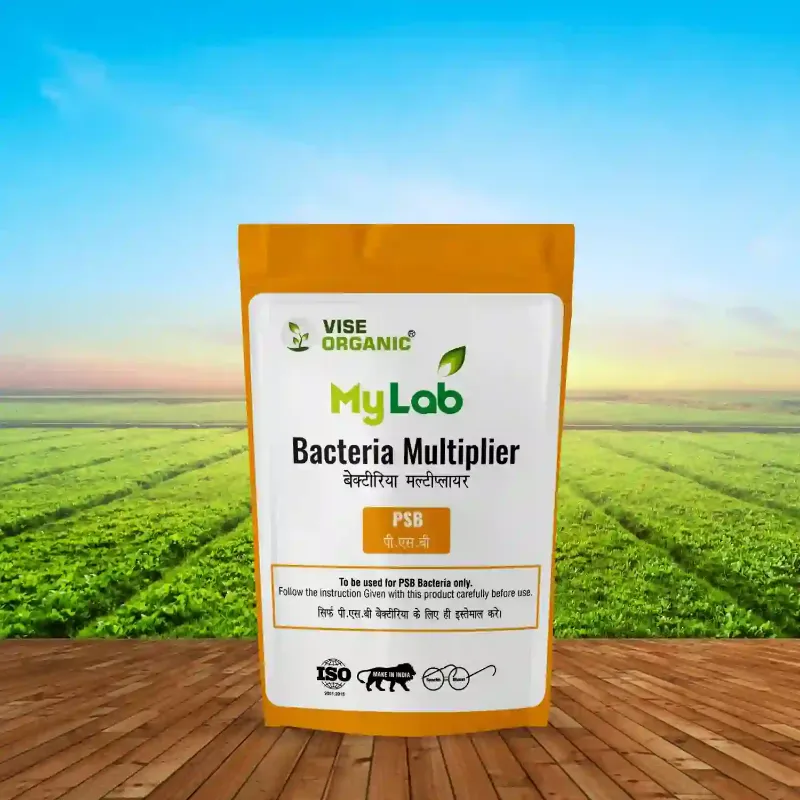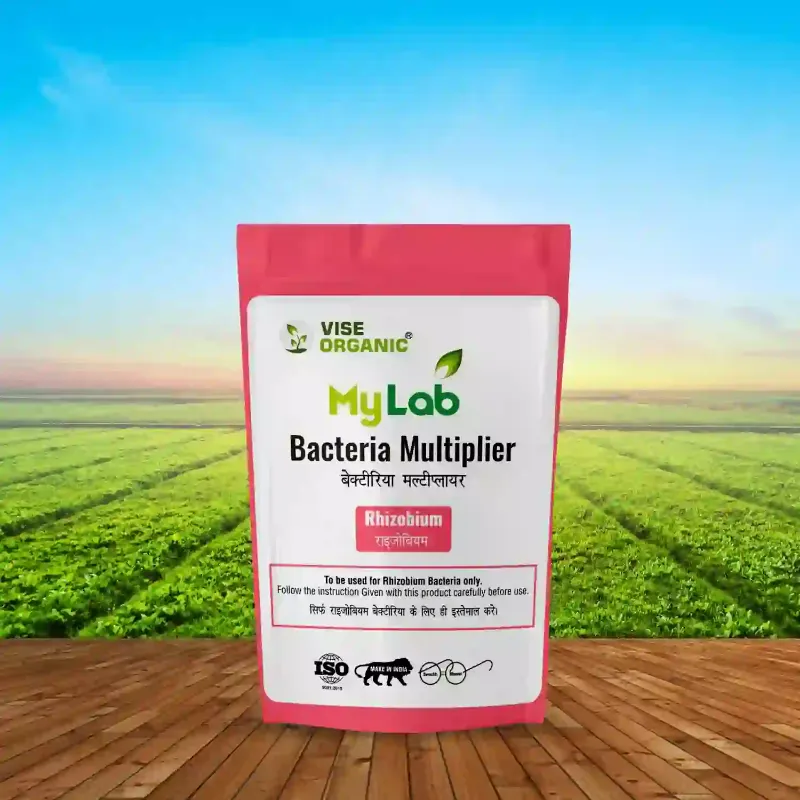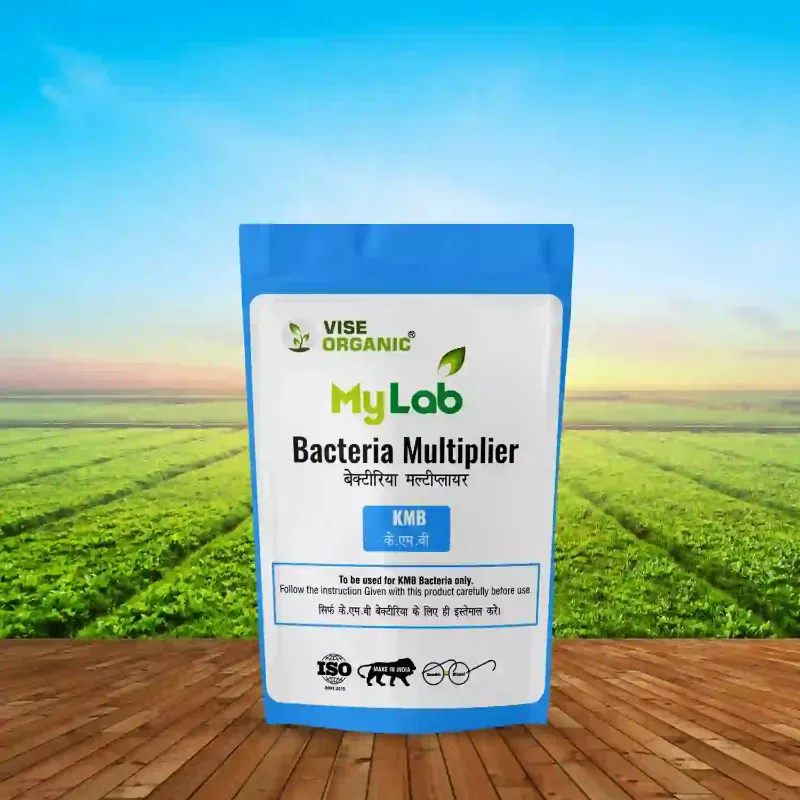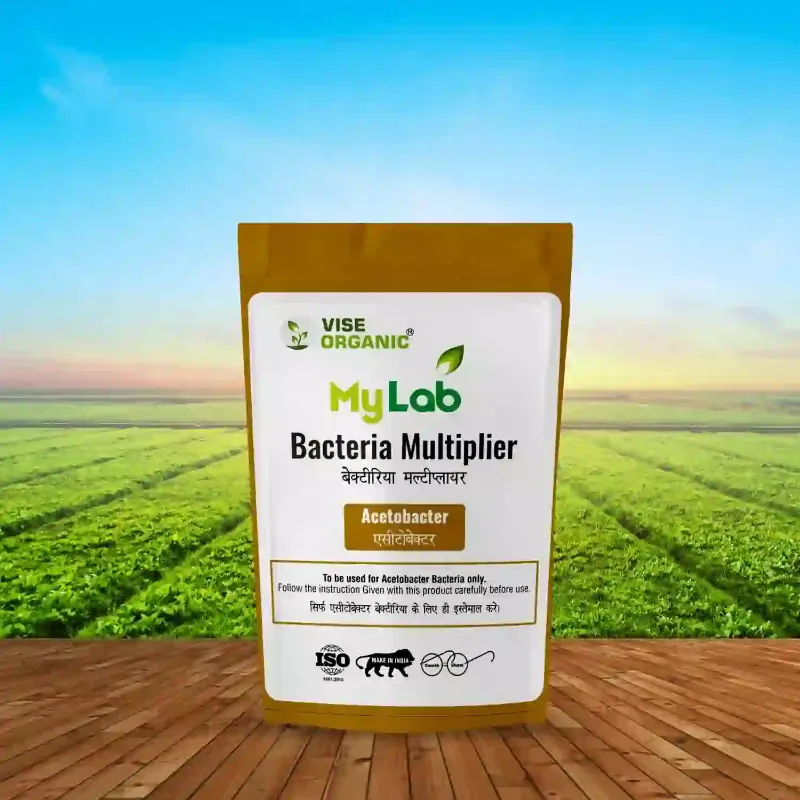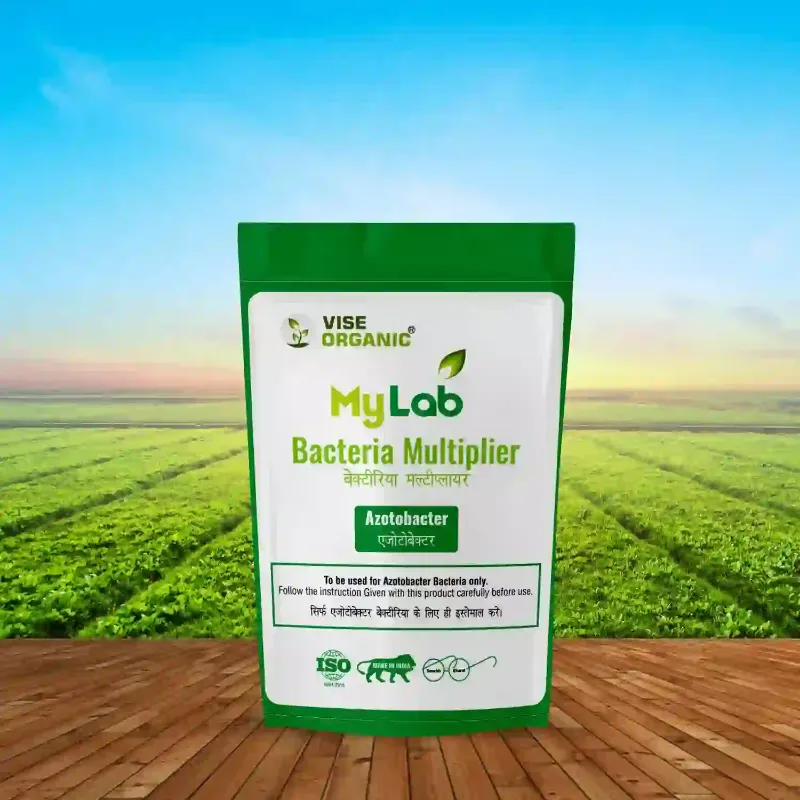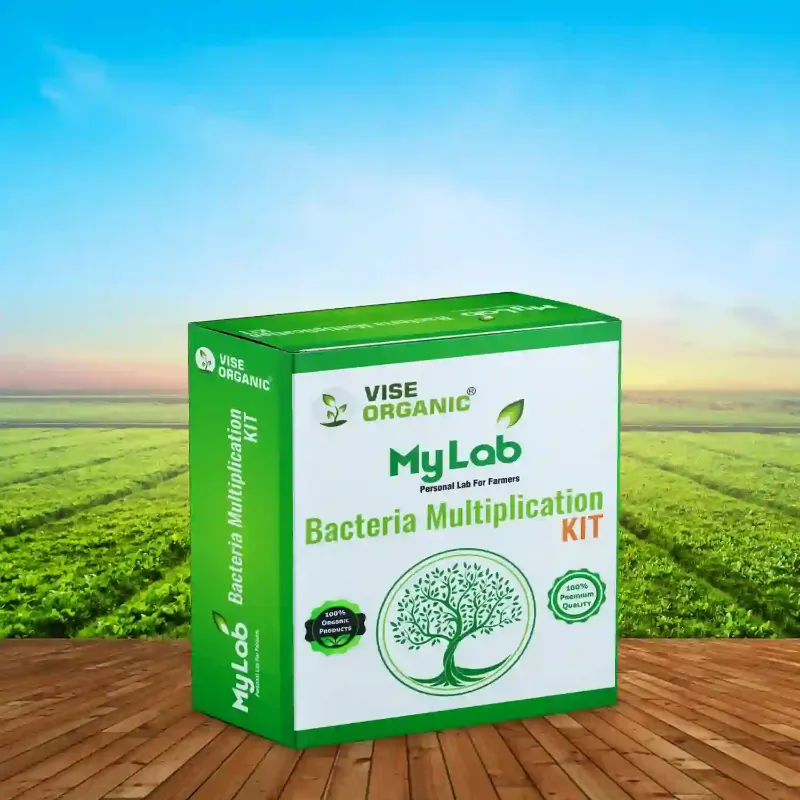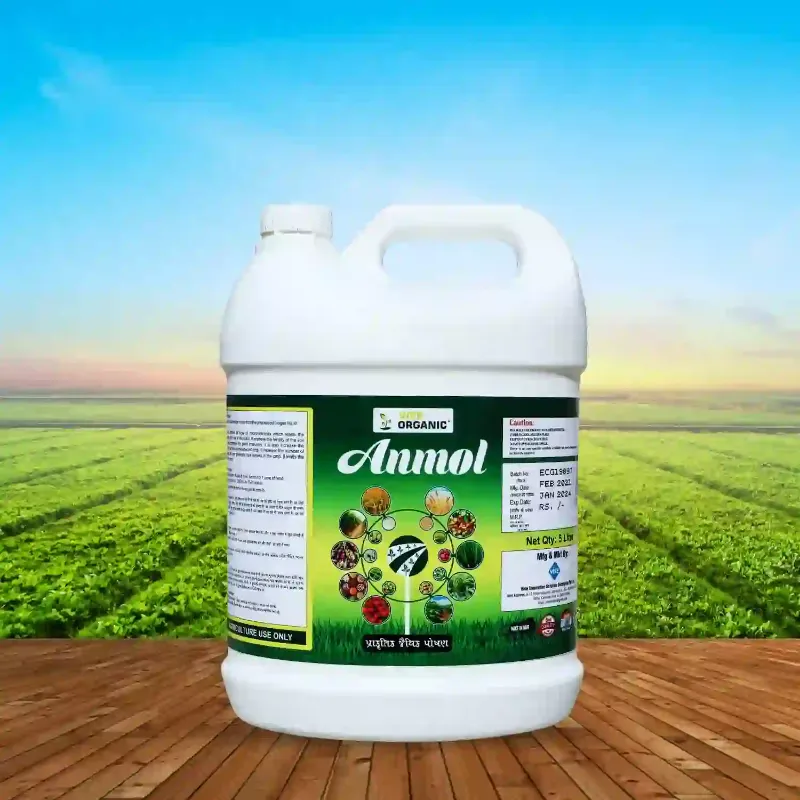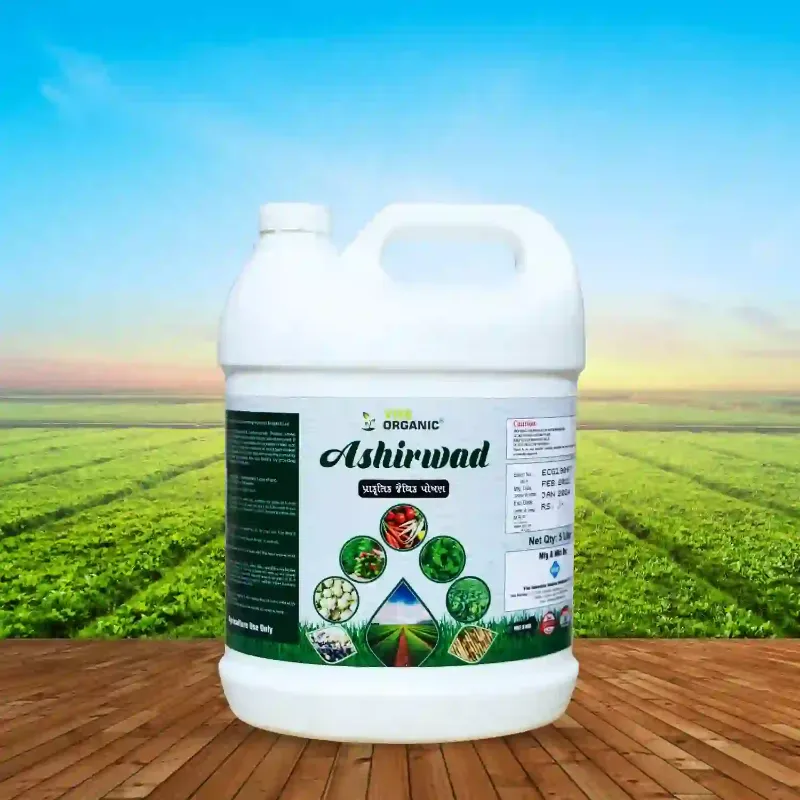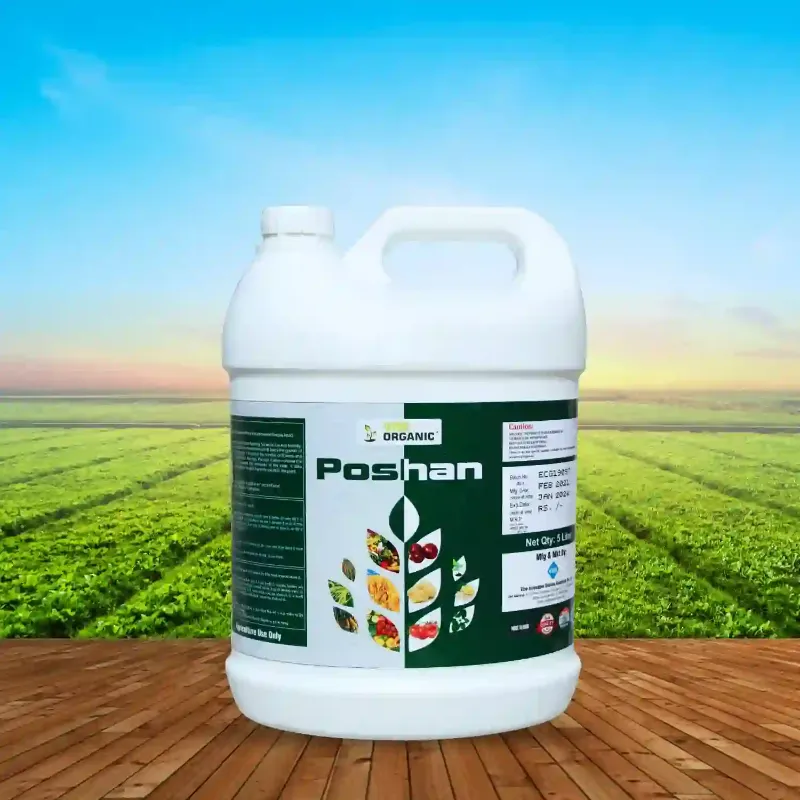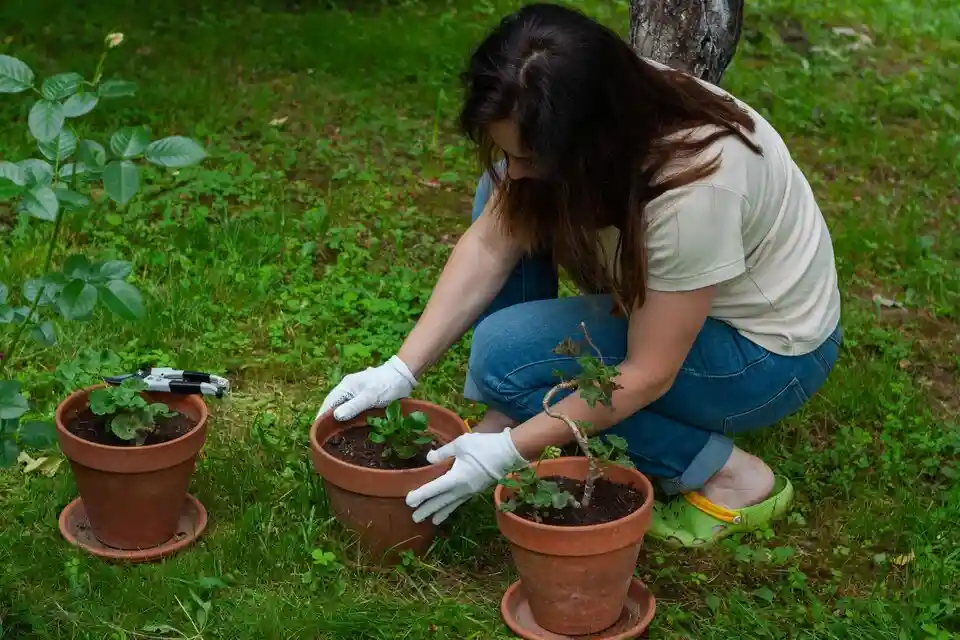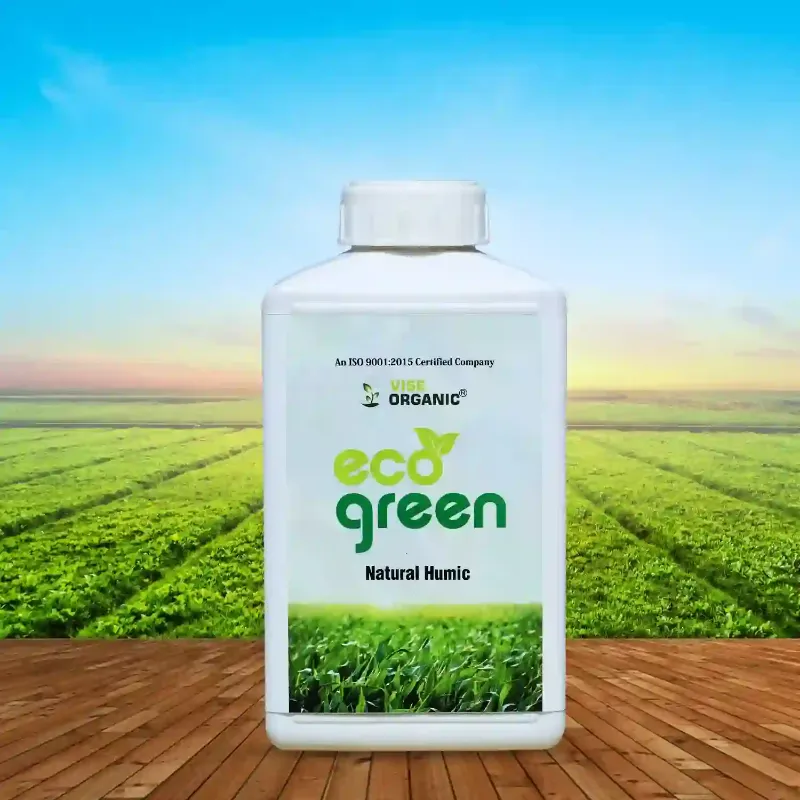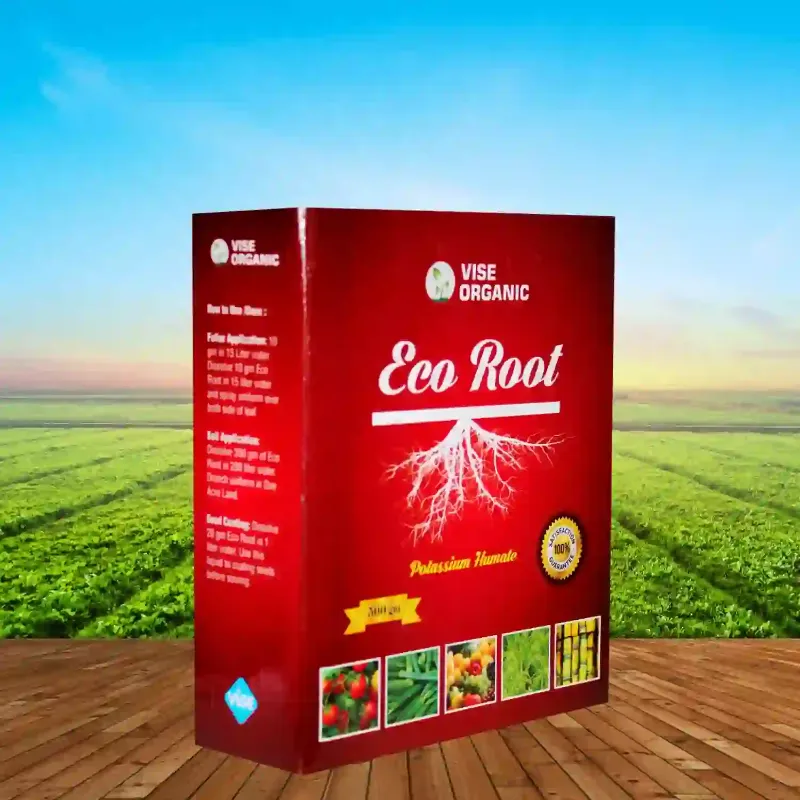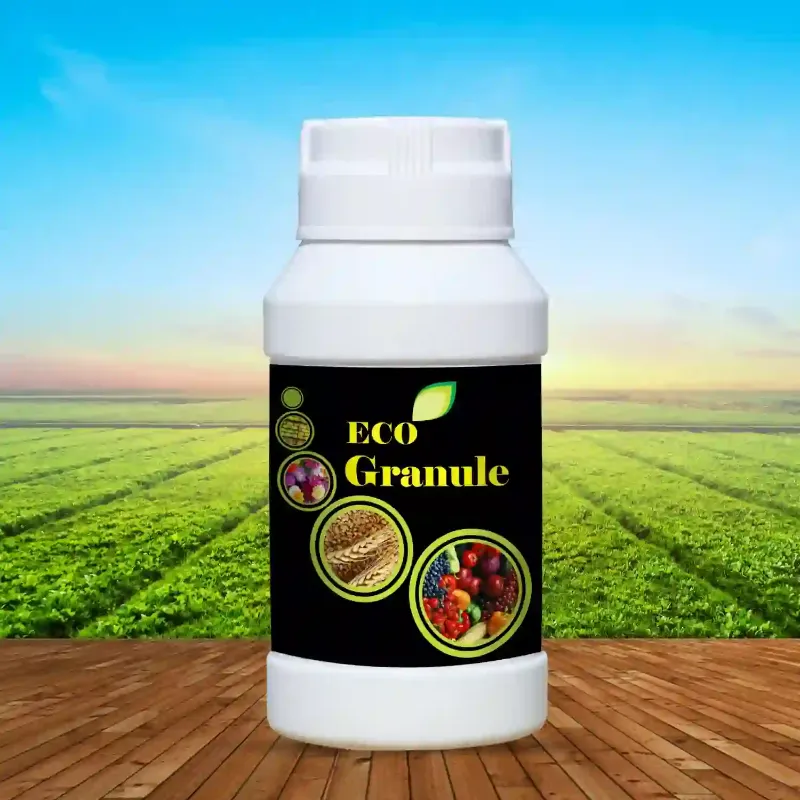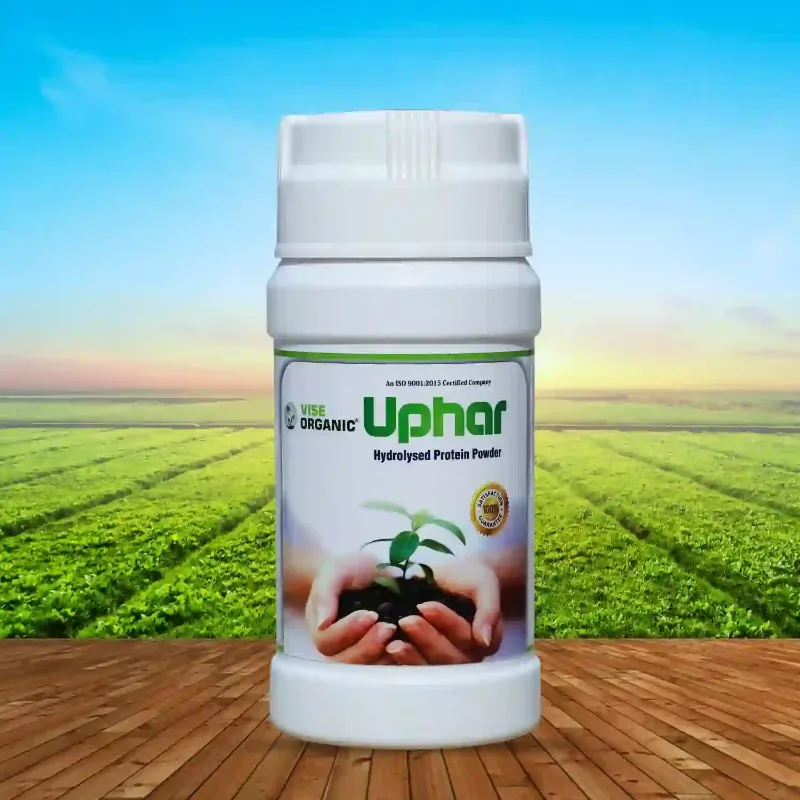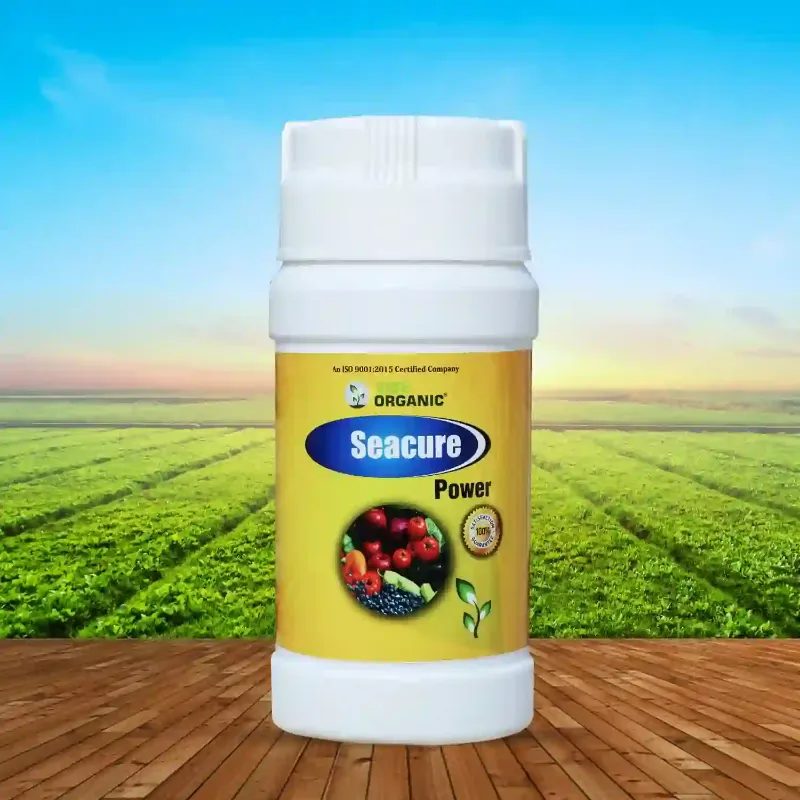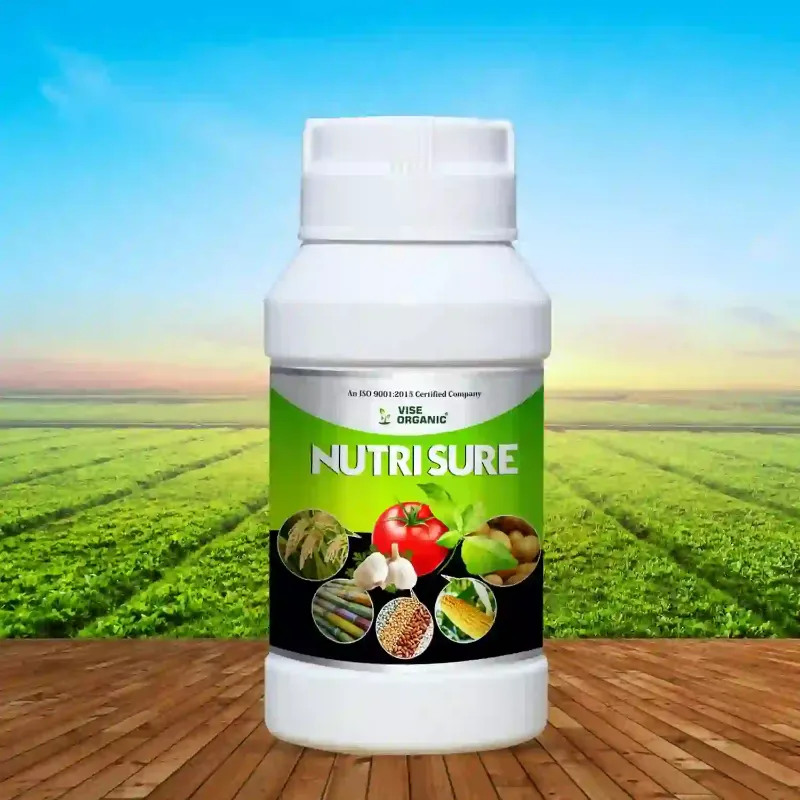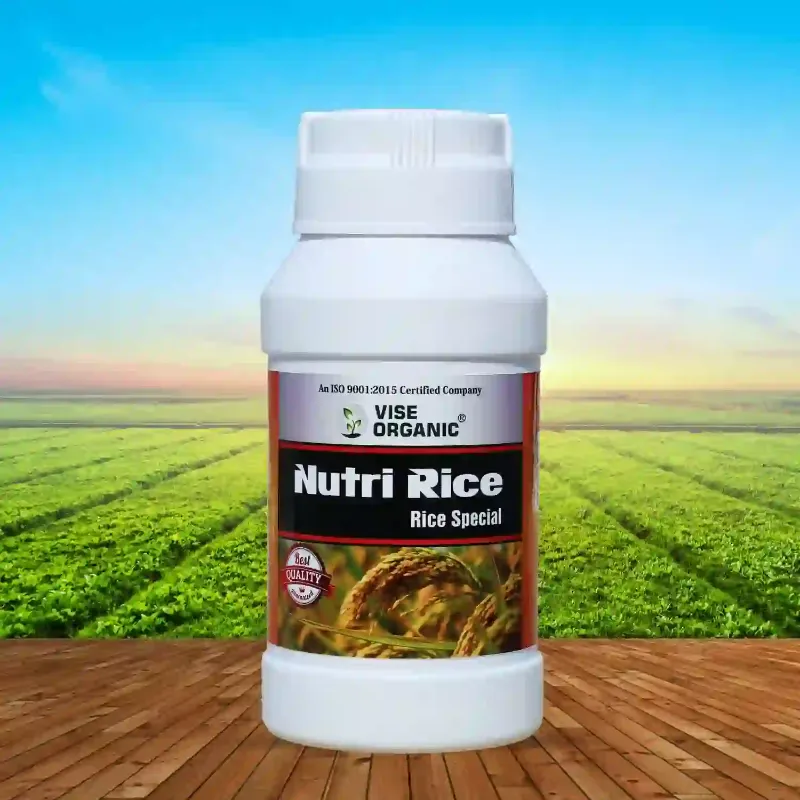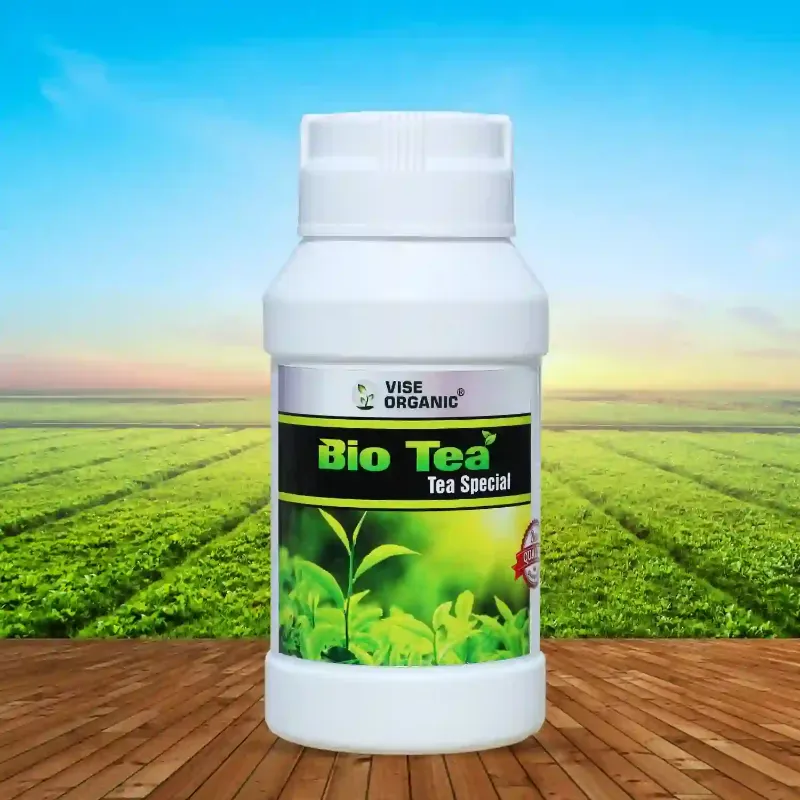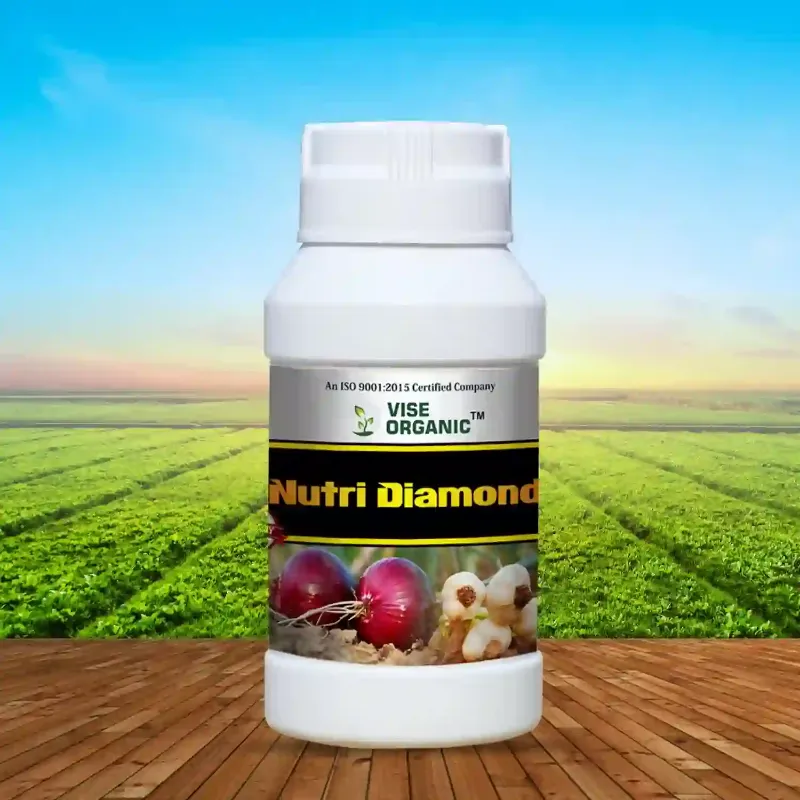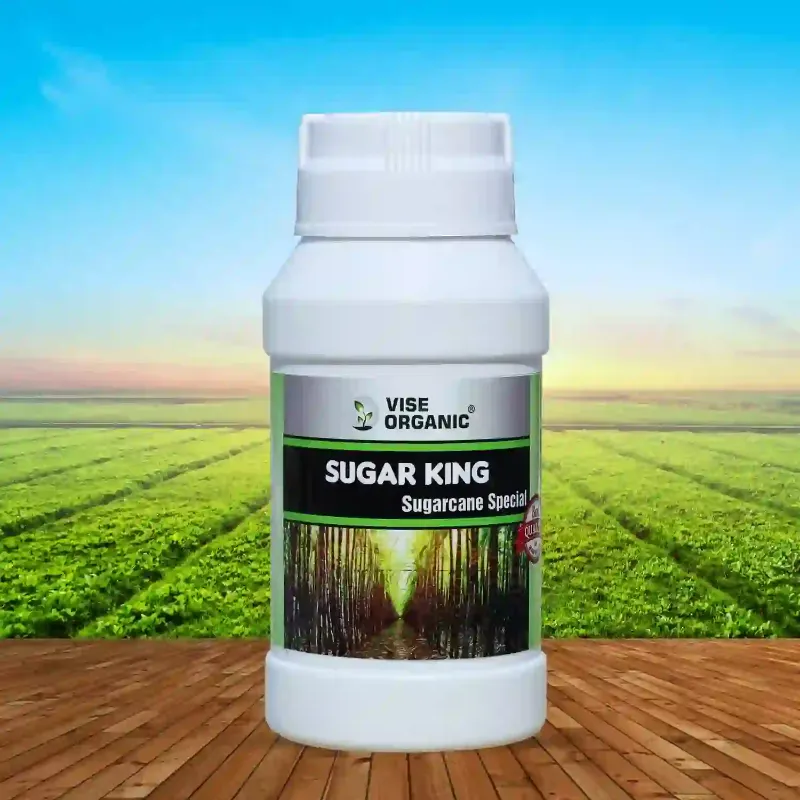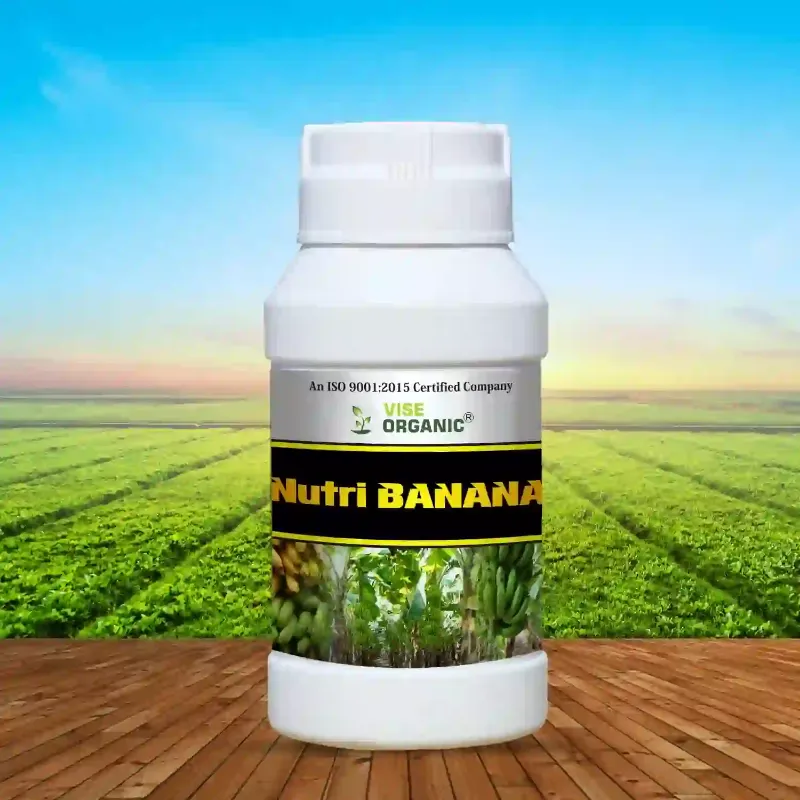In the realm of gardening, improving soil fertility reigns supreme as the cornerstone of successful cultivation. Whether you’re growing vibrant flowers, lush vegetables, or fragrant herbs, nurturing healthy soil is essential for bountiful harvests and thriving plants. Fortunately, enhancing soil fertility in your small garden can be achieved through natural methods that not only benefit your plants but also promote sustainability and environmental health.
Understanding Soil Fertility:
Before delving into natural methods to improve soil fertility, it’s crucial to understand what soil fertility entails. Soil fertility refers to the soil’s ability to provide essential nutrients, adequate water, and optimal conditions for plant growth. Fertile soil contains a balanced mix of organic matter, beneficial microorganisms, and nutrients necessary for healthy plant development.
Incorporating Organic Matter:
One of the most effective ways to enhance soil fertility naturally is by incorporating organic matter into your garden soil. Organic matter, such as compost, leaf mold, and well-rotted manure, serves as a rich source of nutrients and improves soil structure. By adding organic matter regularly, you replenish essential nutrients, enhance soil moisture retention, and promote beneficial microbial activity.
Mulching for Moisture Retention:
Mulching is another natural method to improve soil fertility and conserve moisture in your small garden. Organic mulches, such as straw, grass clippings, or shredded leaves, act as a protective layer over the soil surface, preventing moisture evaporation and weed growth. As the mulch decomposes, it contributes organic matter to the soil, enriching its fertility and supporting microbial life.
Practicing Crop Rotation:
Crop rotation is a time-honored agricultural practice that can significantly improve soil fertility in small gardens. By rotating crops annually, you prevent nutrient depletion and soilborne diseases while promoting balanced soil fertility. Different plant species have varying nutrient requirements, and rotating crops helps maintain soil fertility by alternating nutrient demands and reducing pest and disease pressures.
Embracing Cover Cropping:
Cover cropping is a sustainable gardening practice that involves planting specific crops to cover and protect the soil during periods of rest or between main crops. Cover crops, such as legumes, oats, or clover, not only prevent soil erosion but also enrich the soil by fixing nitrogen, adding organic matter, and suppressing weeds. Incorporating cover crops into your garden rotation enhances soil fertility naturally while improving overall soil health.
Harnessing the Power of Compost Tea:
Compost tea is a nutrient-rich liquid fertilizer made from steeping compost in water and aerating it to encourage microbial growth. By brewing compost tea and applying it to your garden soil, you introduce beneficial microorganisms that aid in nutrient cycling, disease suppression, and soil structure improvement. Compost tea enhances soil fertility by promoting microbial activity and unlocking nutrients for plant uptake.
Utilizing Natural Amendments:
In addition to organic matter, natural soil amendments such as bone meal, kelp meal, and rock phosphate can be valuable allies in enhancing soil fertility. These amendments provide slow-release nutrients, trace minerals, and essential elements that contribute to balanced soil fertility and support plant growth. Incorporating natural amendments into your garden soil replenishes nutrients and fosters healthy plant development.
Conclusion:
In the intricate dance of gardening, soil fertility emerges as a vital player, dictating the success and vitality of your small garden. By embracing natural methods to enhance soil fertility, you not only nurture healthier plants but also contribute to the sustainability of your gardening practices. From incorporating organic matter and practicing crop rotation to utilizing compost tea and natural amendments, the journey to nurturing fertile soil in your small garden is a rewarding endeavor that yields abundant harvests and flourishing plants, all while respecting and preserving the delicate balance of nature.

